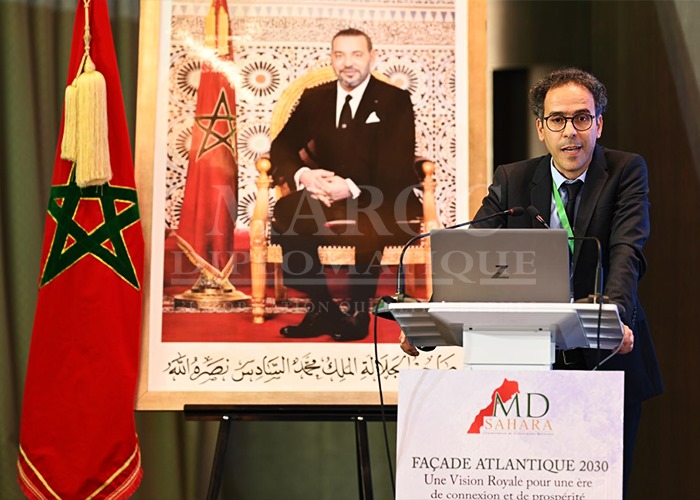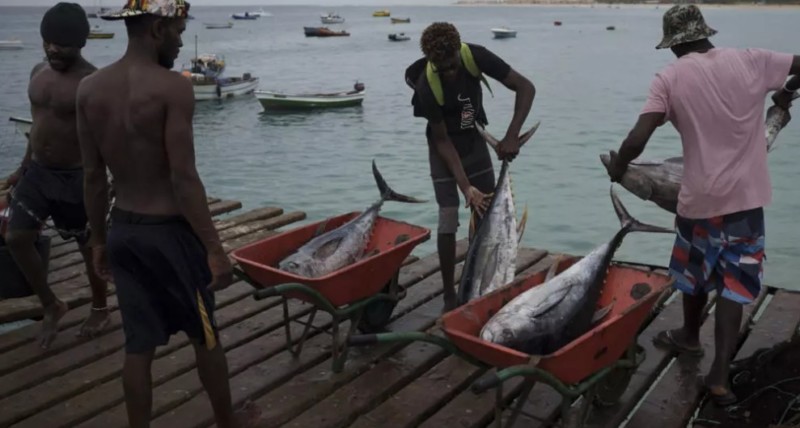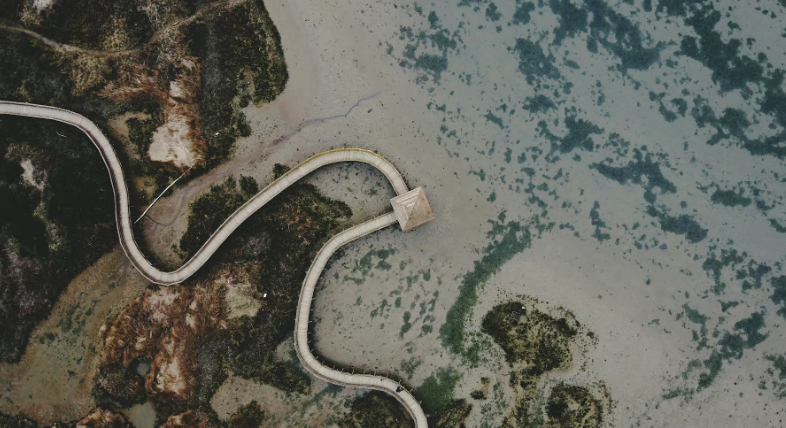Jamal Machrouh, Senior Fellow at the Policy Center for the New South and University Professor of International Relations, presented a paper entitled “The Atlantic Africa initiative: What levers for action? », during the 3rd edition of the MD Sahara Forum. This event was held on May 10 and 11, 2024 in Rabat, around the ambitious theme: “Atlantic Façade 2030: A Royal Vision for an era of connection and transcontinental prosperity”. He identified three main levers: implementation, sharing and inclusion.
In his speech, Mr. Machrouh evokes the intense competition for the appropriation of maritime domains, whether in the Black Sea, the China Sea or the Red Sea. It underlines this strategic shift which recognizes the sea as a central element, after Africa has long neglected this aspect.
Concerning the importance of maritime spaces, the speaker highlights that maritime resources could be beneficial for African economies and nations. He insists on the need to “build an inclusive and effective global strategy in terms of the maritime domain”.
Read also: Abdou Souleye Diop: “The Atlantic Alliance is an accelerator of regional integration”
In this strategic context, Mr. Machrouh mentions the imperative for Africa to develop a maritime strategy in order to increase its overall strategic positioning, as well as its economic and political capacities. It refers to the Royal Initiative aimed at establishing an economically prosperous, politically stable and humanly radiant Atlantic Africa region.
It also addresses the “implementation levers” to realize this vision of Atlantic Africa. He speaks of the “lever of appropriation”, emphasizing the difference between a geopolitical space and a geographical space. He explains that a feeling of belonging and an adherence of the actors to the common project are essential to strengthen geopolitical architectures.
For the second lever, “the lever of pooling”, he notes that the sea, unlike the land, presents unique challenges. It highlights the immensity and impermanence of maritime spaces, making it difficult to establish a lasting presence. It therefore calls for imagining important levers to establish a lasting and positive African presence in these spaces.
The third lever is that of inclusion. It clarifies that there are not one, but two Royal Initiatives. The first aims to build an Atlantic Africa region, while the second aims to facilitate access to the sea for landlocked states, notably Niger, Mali, Burkina Faso and Chad. This initiative is motivated by the fact that, according to United Nations statistics, these states are deprived of 20% of their GDP. Concerning the Nigeria-Morocco Gas Pipeline, the speaker underlines its central role in transporting gas from Nigeria to Europe and in enhancing the potential of Mauritania and Senegal, thus strengthening the overall supply of Atlantic Africa .




